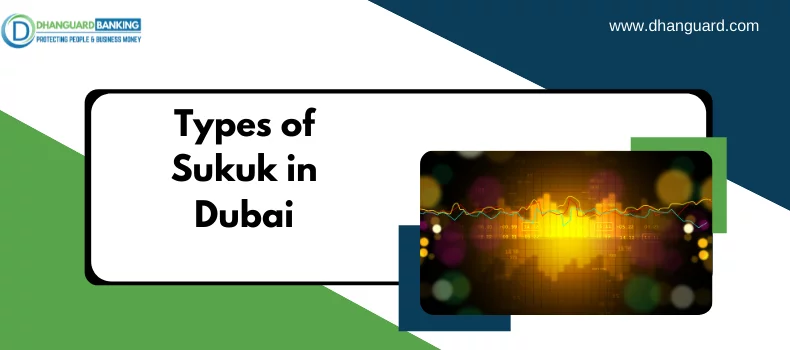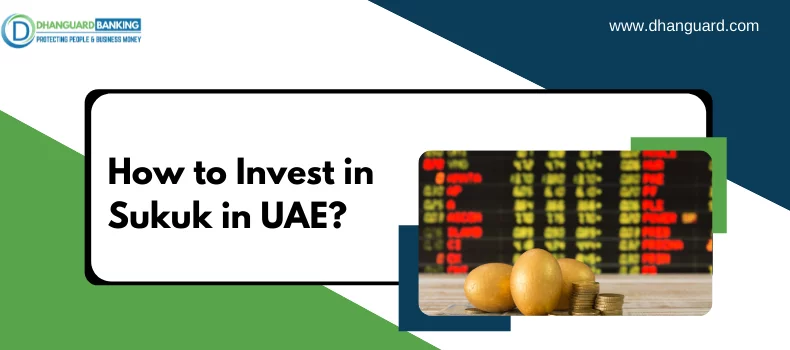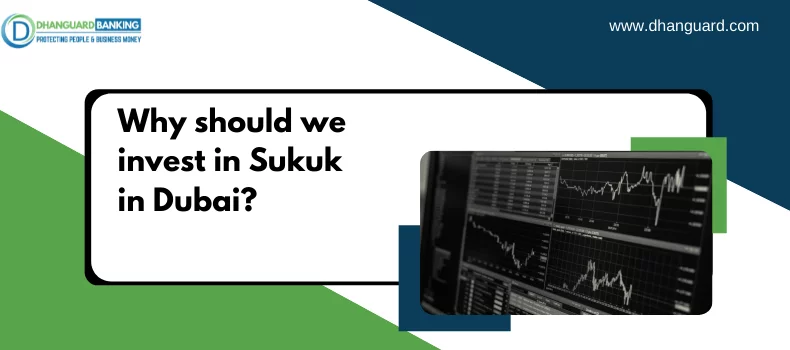There are many different laws all over the world, but Sharia law (Islamic law) has always been highly versatile due to its interesting notions. Sukuk are a sort of Islamic money lending or bond.
Concept of Sukuk
The name Sukuk comes from the Arabic language and loosely translates to "legal certificates." It is a distinct sort of bond that Muslims join into because the usual types of bonds are not permitted by Islam. Sukuk were created when there was a need for flexible securities that could adjust to changing economic conditions, as well as when it was necessary to conform to Muslim Sharia law, which prohibits "Riba" or interest. In this blog Dhanguard helps you to gain knowledge about different types of Sukuk.
Types of Sukuk
Sukuk differ from other agreements and bonds in that they are the first lending where Muslims employed a "Structural Based Approach."
In general, they are classified into two categories
Certificates of Trust
An SPV (Special Purpose Vehicle) issues trust certificates to the obligor, who is the person who requires the capital to support his initiatives, but they can only do so if there is adequate jurisdiction, after which certificates are granted to the investors based on an agreement.
Alternative Remedies
Other techniques have emerged in recent years, such as the issuing of certificates by the SPV, which requires a specific jurisdiction. As a result, new structures have emerged throughout time to enter into Sukuk agreements that are compliant with local regulations.
These types are further classified into the following categories
Sukuk Ijarah
This type is related to leased assets or properties, with the goal of selling the leased property and rental charges to the proportion mentioned in the certificate once the certificate has been issued. The obligation of a property is transferred from the owner to a second party in exchange for rent payment in this type of Sukuk.
Sukuk for Contractors
This sort of Sukuk is issued by goods suppliers or contractors that offer services, and it can only be issued for commodities that are already available or will be available in the future. This is a type of Sukuk in which both parties benefit when the Sukuk is sold in the market. For instance, suppose a Sukuk holder invests in a school or college until it is ready to accept demanding students.
Potential Sukuk Services
These are issued by suppliers or contracts with assets that can be sold, and they have the same value as the Sukuk holders, who can sell them on the stock market.
Sukuk of Istisna
There is a parallel agreement that is engaged into to enter into these agreements, and to put this contract into use, the private or public companies spell out a list of specifications that must be met. The bidding process then begins to determine how these Sukuk holders will use the agreement they have entered into.
Sukuk Salam
These certificates all have the same value and are used to put capital to work for certain products when there is a high demand for them and the price is paid in advance. A separate contract is signed by the party buying the Sukuk with a third party, which is separate from the initial one that was entered.
Sukuk Murabaha
These are issued by merchants or an agent on his behalf to finance a commodity that is being purchased at a Murabaha that has already been pre-determined for the types of equipment required to execute this contract, and the holders of this Sukuk will be the owners of the equipment as well as the income generated by the equipment.
Non-Tradable Sukuk with No Coupon
Sukuk of various forms are established when a commodity does not yet exist and hence cannot be used, and the certificates of these types of Sukuk cannot be sold due to reasonable restrictions imposed by Islamic law.
Sukuk Musharaka
These are issued on his behalf by suppliers or agents for the aim of funding a project in which the Sukuk holders will be the owners; this can be equated to a partnership, except in circumstances when the Sukuk holders seek the assistance of partnerships for financing purposes.
Sukuk Mudarabah
This has proven to be quite beneficial in circumstances where an investment was made with an Islamic bank and the earnings gained were used to compute the returns. The issued certificates can be traded; however this has not yet been done. People who participate in this sort of Sukuk have fewer rights than those who participate in equity-based Sukuk.
Sukuk Hybrid
This is a Sukuk that combines two Sukuk in order to facilitate the speedier and more efficient mobilization of funds. Ijarah assets must account for 51 percent of total assets.
Sukuk Muzaarah
These contracts are entered into to finance agricultural costs by engaging into a Muzaarah contract, in which both parties are joint proprietors according to pre-determined terms and conditions.
Sukuk Musaqat
Both parties become partners in these Sukuk, which are used to finance plants and their costs.
Investment Agency Musharakah Sukuk
The investment agents will issue these, and they will manage the investments by serving as a middleman.
Sukuk Mugharasah
Landowners give these for costs spent during plantation based on a contract. The asset will be shared equally between the two parties.
Reduced Ownership Sukuk
These are provided by business owners that have a novel idea, and both parties involved will be partners and fund the Endeavour. There must be a contract signed by both parties stating that full ownership will be transferred to the original creator eventually.
Conclusion
Despite the fact that this sort of financial investment is not particularly popular, there has been a shift in focus towards the Islamic Capital market in recent years, allowing investors to have a larger role in the Sukuk process.
Even if a Sukuk offers profit, it is not the only criterion that is required in today's economy; customer happiness is equally crucial. When Islamic countries' incomes grow significantly in the coming years, Islamic capital markets will become much more important. For more detail for Sukuk connect with Dhanguard.
DhanGuard: All-in-One Solution for Business Setup in Dubai, UAE
DhanGuard is your ultimate one-stop solution for all your business needs. Whether you’re planning to set up a new company or expand your existing business in the UAE, we’ve got you covered with our comprehensive range of services. From Business Setup in UAE and Company Formation in Dubai to managing your financial and legal compliance, we provide everything you need under one roof.
Our services include:
- Company Formation in UAE and Dubai
- Opening a Business Bank Account in UAE and Dubai with a 99% success rate
- VAT & Corporate Tax Compliance
- Accounting, Bookkeeping, and Auditing Services
- Trade License Renewal
- Golden Visa Assistance
Let DhanGuard make your journey of Business Setup in Dubai seamless and hassle-free!







